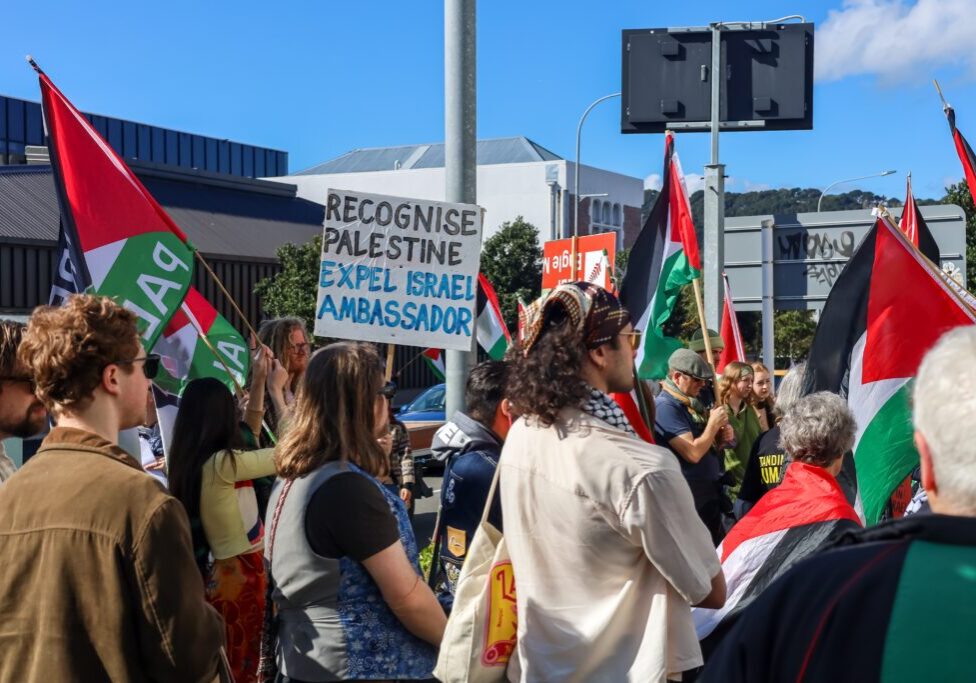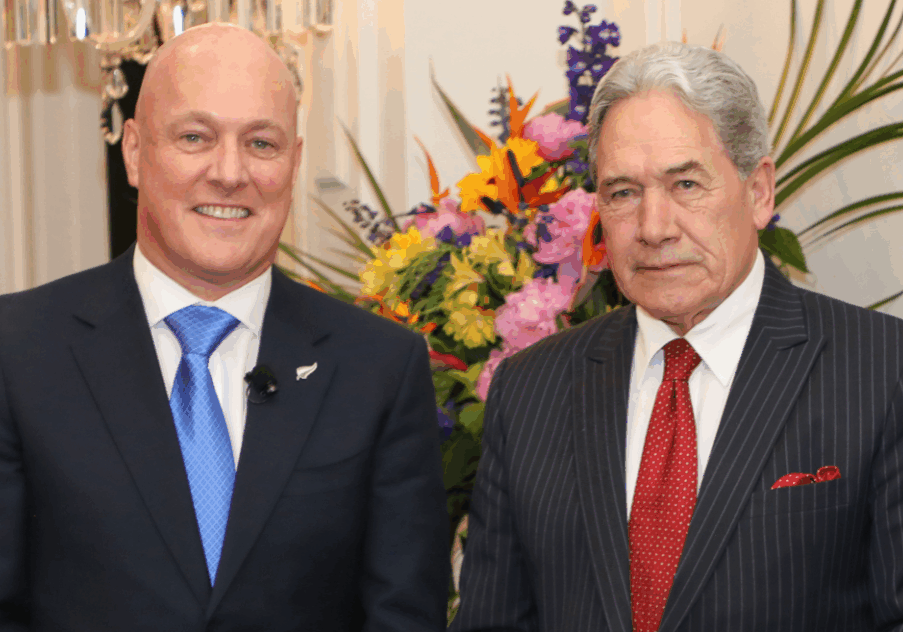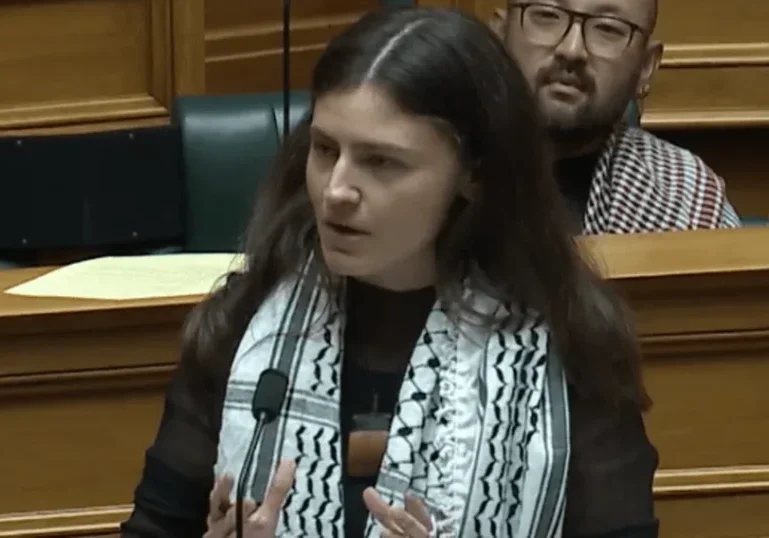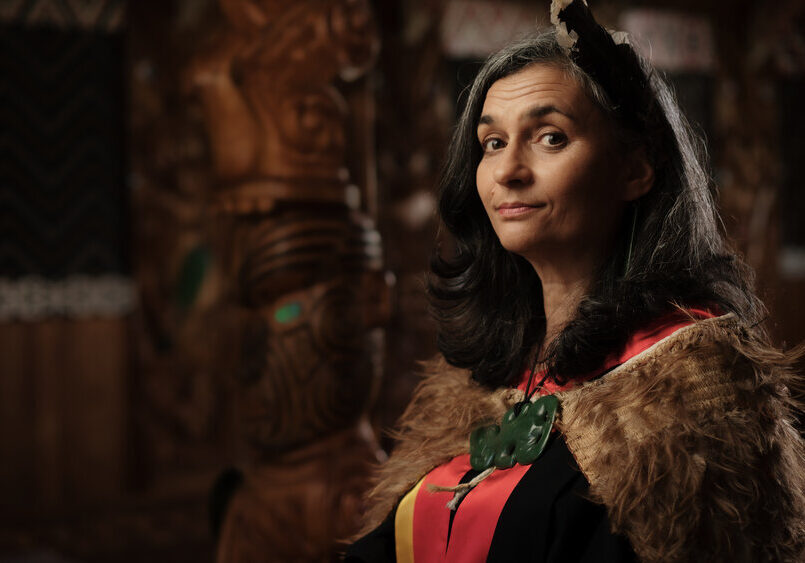Australia/Israel Review
AIR New Zealand: Changing of the Guard
Dec 22, 2016 | Miriam Bell
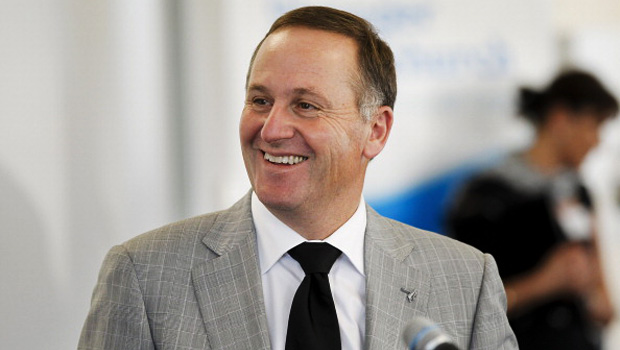
It’s rare for a sitting prime minister to resign in New Zealand. It is unheard of for a sitting prime minister who is at the top of his game and riding high in the leader polls to do so. But, one fine day in November, that is just what New Zealand’s now former Prime Minister John Key did.
Key’s resignation took everybody by surprise. There had been no leadership challenge, it was entirely unprompted. While the usual rumours of scandal or ill-health emerged, to date it seems that Key’s explanation for resigning is true – he wants to spend more time with his family and, after eight years, felt he had, essentially, given his all.
The former Prime Minister’s surprise resignation is particularly worthy of comment in this column because of his Jewish background. Key’s mother, Ruth Lazar, was an Austrian Jewish refugee from the Shoah who emigrated to New Zealand following World War II.
Lazar was a practising Jew until her death in 2000. However, she did not bring up her children as Jewish. Key once told the Dominion Post that his mother didn’t practise the Jewish faith when he was at home. “But she sometimes took me to synagogue, and she was always very active in the Jewish community.”
Key himself is not a practising Jew, nor has he ever drawn much attention to his heritage. So it is perhaps not surprising that, as Prime Minister, he did not have a great deal of involvement with the Jewish community.
Two Jewish community events that Key participated in as prime minister were the Wellington Moriah College Button Project in 2009 and the Shadows of the Shoah exhibition, which he officially launched in 2013.
At the Shadows of the Shoah launch, Key spoke at some length about his mother’s escape from Nazi-controlled Austria in 1938. The New Zealand Herald reported that he recalled times his mother was “crying in the corner” after hearing news reports recounting atrocities from the Holocaust.
Key’s time as prime minister has seen significant improvement in the diplomatic and business relationship between Israel and New Zealand.
When the Helen Clark-led Labour Government was in power between 1999 and 2008, the relationship between the two countries reached an all-time low. The Israeli Embassy shut its doors in Wellington in 2002 and did not return until 2010. The lack of diplomatic ties was aggravated further by what became known as the Israel-New Zealand passport affair in 2004.
Wellington Regional Jewish Council chairman David Zwartz noted that when the Key Government entered office in 2008 it did not have the same anti-Israel ideological baggage as the previous Labour government.
“New Zealand – Israel relations have improved greatly at the level of interchanges and working contacts since 2009, in the fields of science, innovation, and business – including, notably, digital government services. I don’t know if John Key had direct input into these developments, but the climate of the relationship changed with the change of government.”
However, Zwartz said that more recently, there has been some disappointment with Key’s government in the Jewish community. This is largely due to Foreign Minister Murray McCully’s approach since New Zealand assumed its seat on the United Nations Security Council two years ago.
As has been reported in this column previously, McCully has engaged on a crusade to get Israel and the Palestinians back to the negotiating table. In the course of doing so, he has repeatedly pointed to Israel’s settlement activity as threatening the viability of the two-state solution. He has also refused to make any specific criticism of Palestinian activity.
Many within the Jewish community believe McCully’s rhetoric is unfair towards Israel and that Key should have reined him in.
For that reason, Key’s legacy in relation to the Jewish community is perhaps best assessed in the significant improvement in economic and business links between Israel and New Zealand that can be seen today. One prime example of this is the New Zealand – Israel Innovation Missions in May and September this year, led by the CEO of one of New Zealand’s biggest telecommunication companies.
Meanwhile, Key’s resignation means that his long-time deputy, Bill English, is now Prime Minister.
English, who has focused on economic matters throughout his political career, is an unknown quantity when it comes to matters relating to Israel and the Jewish community. On asking around, no-one in the community could remember him having said or done anything particularly noteworthy in this area.
Some digging eventually revealed that, back in 2003, English criticised the then Foreign Minister, Phil Goff, for “cuddling up” to Yasser Arafat and putting New Zealand offside with Israel. He also said that peacemaking between Israel and the Palestinians should be the concern of the US and, by implication, not New Zealand.
English is a practising Catholic and quite socially conservative although he has emphasised that his religion won’t affect what he does as Prime Minister. But in another sign of the changing of the guard, he is planning a Cabinet reshuffle in time for the New Year and one of the ministers tipped to depart is McCully.
Tags: Australasia, New Zealand

